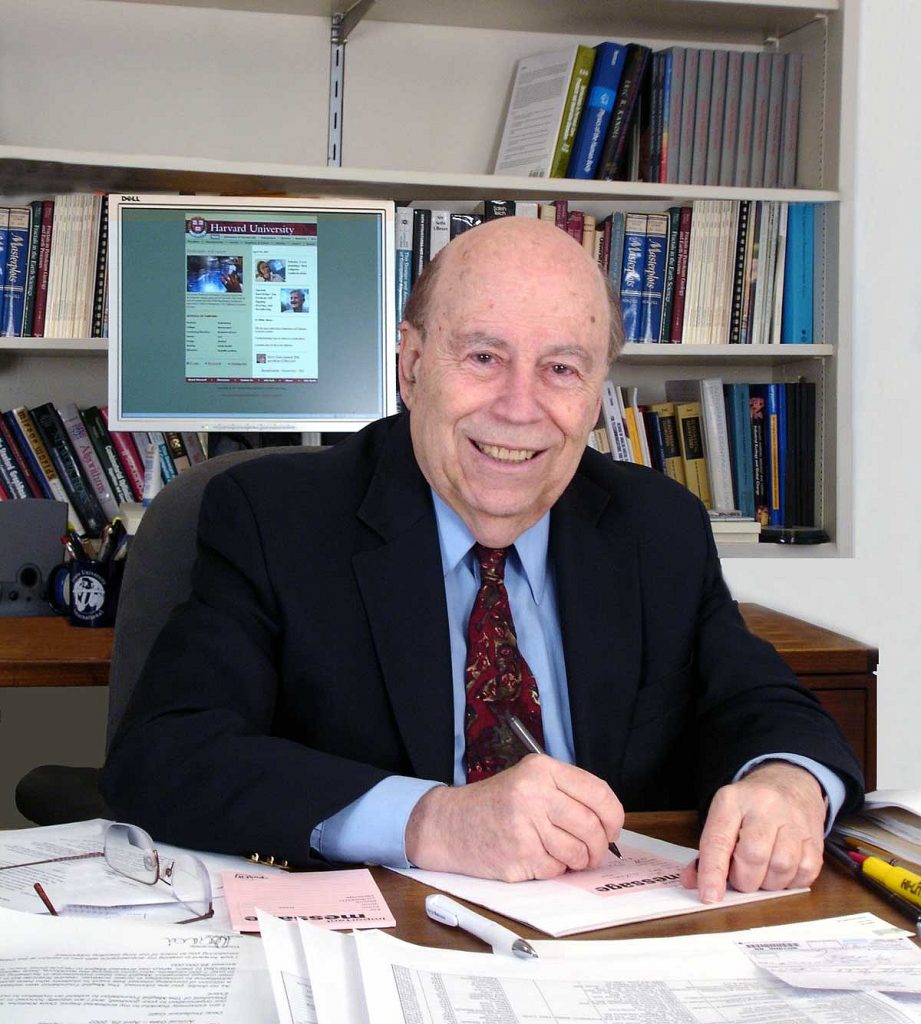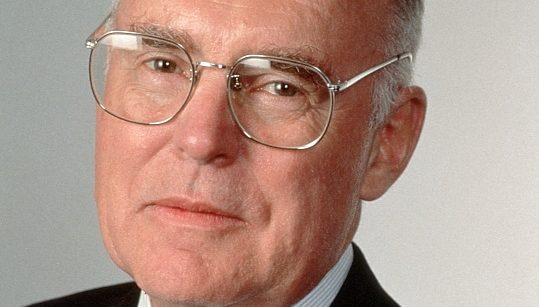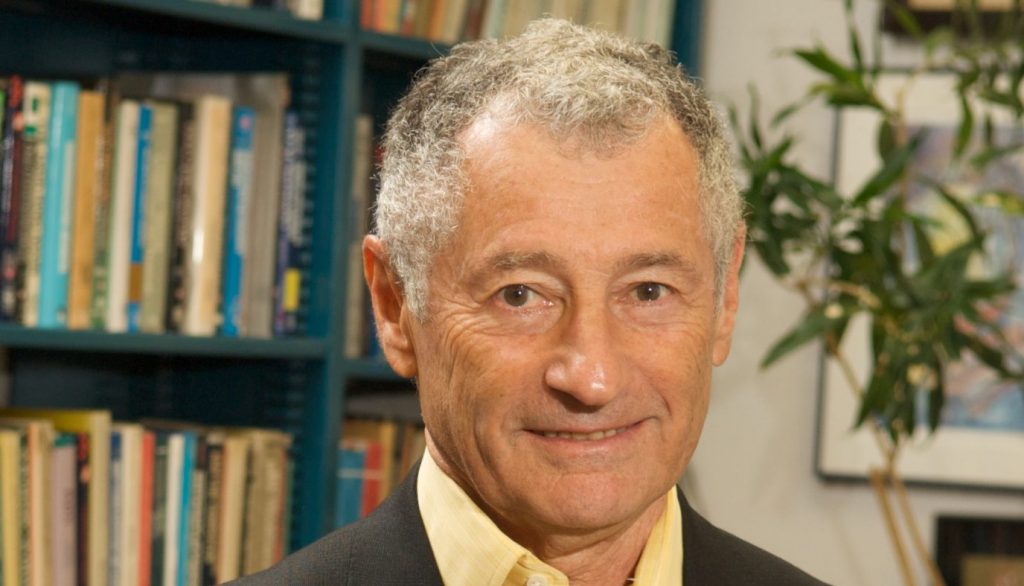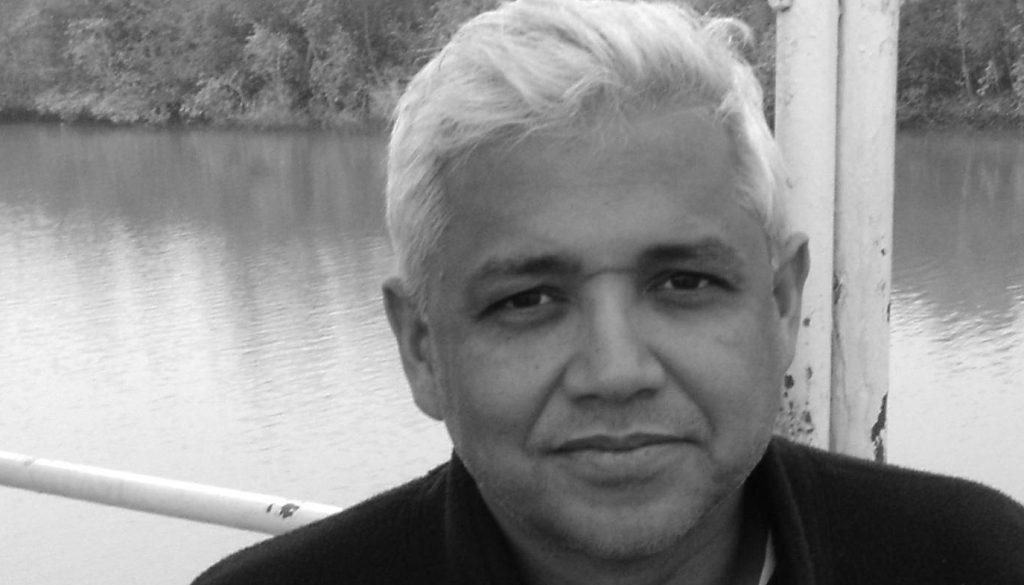Michael O. Rabin

Michael O. Rabin
Future: Computers and Telecommunications
Prof. Michael O. Rabin, Professor of Computer Science at Harvard University, Boston, and at the Hebrew University, Jerusalem, is one of the world’s most prominent computer scientists.
His contributions during the course of his decades-long career have been deeply significant, and touched many areas in the foundations of computer science.
Rabin’s work (together with American logician Dana Scott) on Finite Automata was the trigger for the entire research area of automata theory, which became the foundation of all work on specification, design, and verification of computing systems.
One of the most influential contributions made by Rabin was the use of randomization in computing, which led to the construction of practical algorithms to solve problems that are otherwise unsolvable or intractable. One such algorithm, the Miller-Rabin primality testing, and others developed in its wake, were the basis of the successful implementation of public-key cryptography. This work is thus the cornerstone of the entire area of secure communication, which is absolutely essential in the internet age.
Another problem efficiently solvable by a randomized algorithm was that of reaching an agreement in a distributed system. This work has far reaching implications on distributed computing, and will continue to shape electronic commerce, the internet, and mobile computing for years to come.
More recently, Rabin has continued to work on ways to improve privacy and create unbreakable ways to encrypt data. He introduced the ingenious notion of absolute security, based on a continuous stream of random bits that is to be beamed down from a satellite. Using his scheme, messages will be undecipherable even in the far future. This work is bound to have a tremendous impact in a future in which more and more sensitive information is transmitted on the internet and stored in databases, making secrecy, privacy and protection ever more crucial.
In recognition of his achievements Rabin has received the most prestigious honors in computer science, including the ACM Turing Award (considered by many to be the equivalent to a Nobel Prize in this area).


